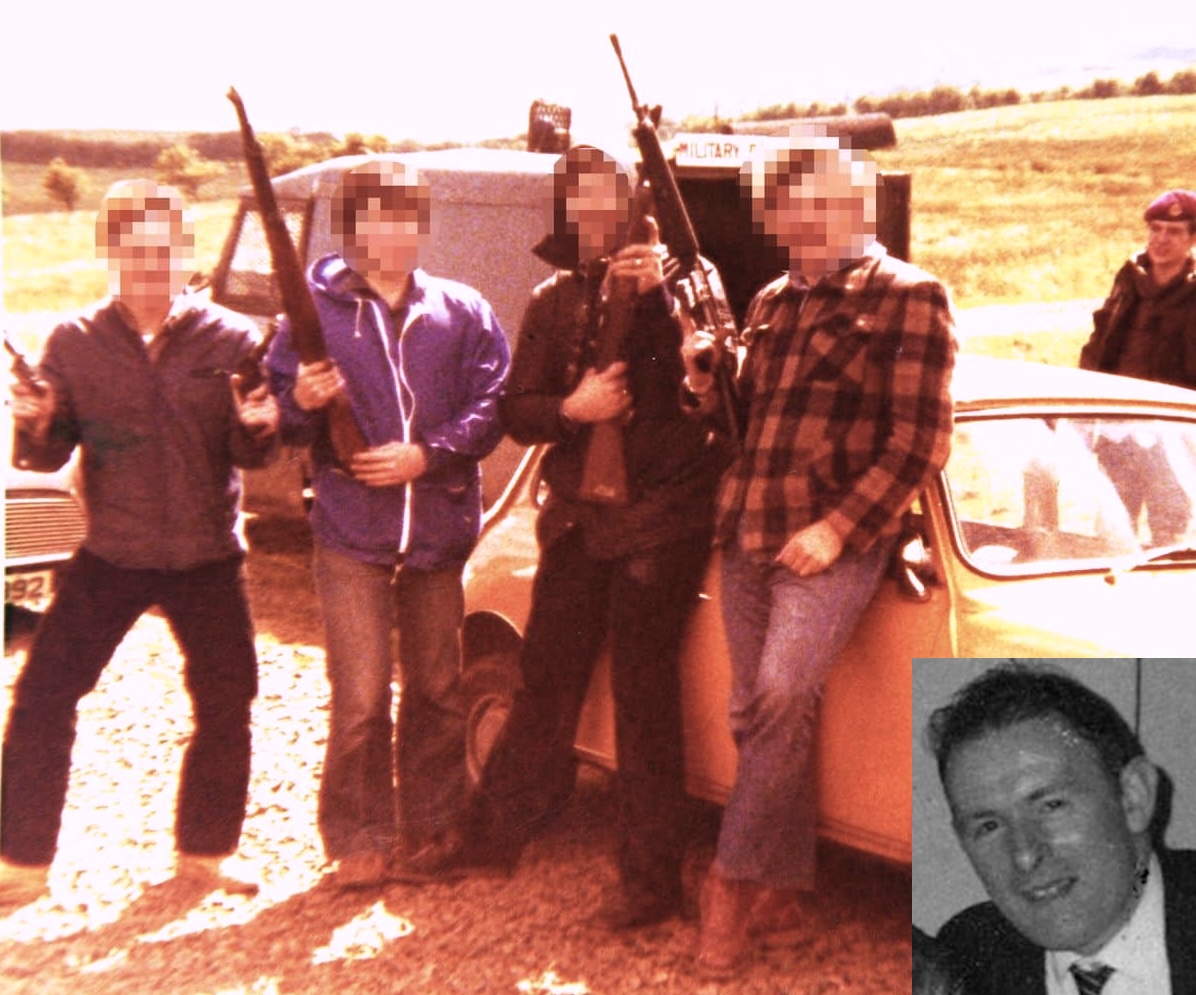
The prosecution of four former members of a British Army death squad is to go ahead, despite legislation intended to draw a veil over British war crimes in the north of Ireland.
The men will appear in court later this month, as the decision to prosecute was taken prior to the passage of the cover-up ‘legacy’ legislation in 2023.
One of the four former soldiers who took part in a series of attacks by the gangster-style ‘Military Reaction Force’ (MRF) is to be charged with the murder of 44-year-old Patrick McVeigh (pictured, inset) on Finaghy Road in west Belfast in May 1972.
The others are charged with the attempted murder of two people in another part of west Belfast in a shooting that same month.
They are all due to appear before a judge on March 19.
The MRF was an infamous unit of approximately 40 British soldiers that operated in plain clothes and from unmarked cars, mostly in north and west Belfast. It terrorised nationalists for around 18 months, shooting at pedestrians from car windows, before being disbanded in 1973.
Former former members have admitted unit was involved in the killing of unarmed civilians.
Lawyer Gary Duffy, of KRW Law, who represents the family of Patrick McVeigh, welcomed the “decision to prosecute the former soldiers”.
“This is a significant step towards justice for the families who have endured decades of pain and heartache,” Mr Duffy said.
“The families have been informed and are relieved that these cases have been protected from the provisions of the Legacy Act, ensuring that justice can proceed without further delay.
“While we understand that the legal process will take time, the families are committed to seeing it through.”
![[Irish Republican News]](https://republican-news.org/graphics/title_gifs/rn.gif)
![[Irish Republican News]](https://republican-news.org/graphics/title_gifs/harp.gif)

